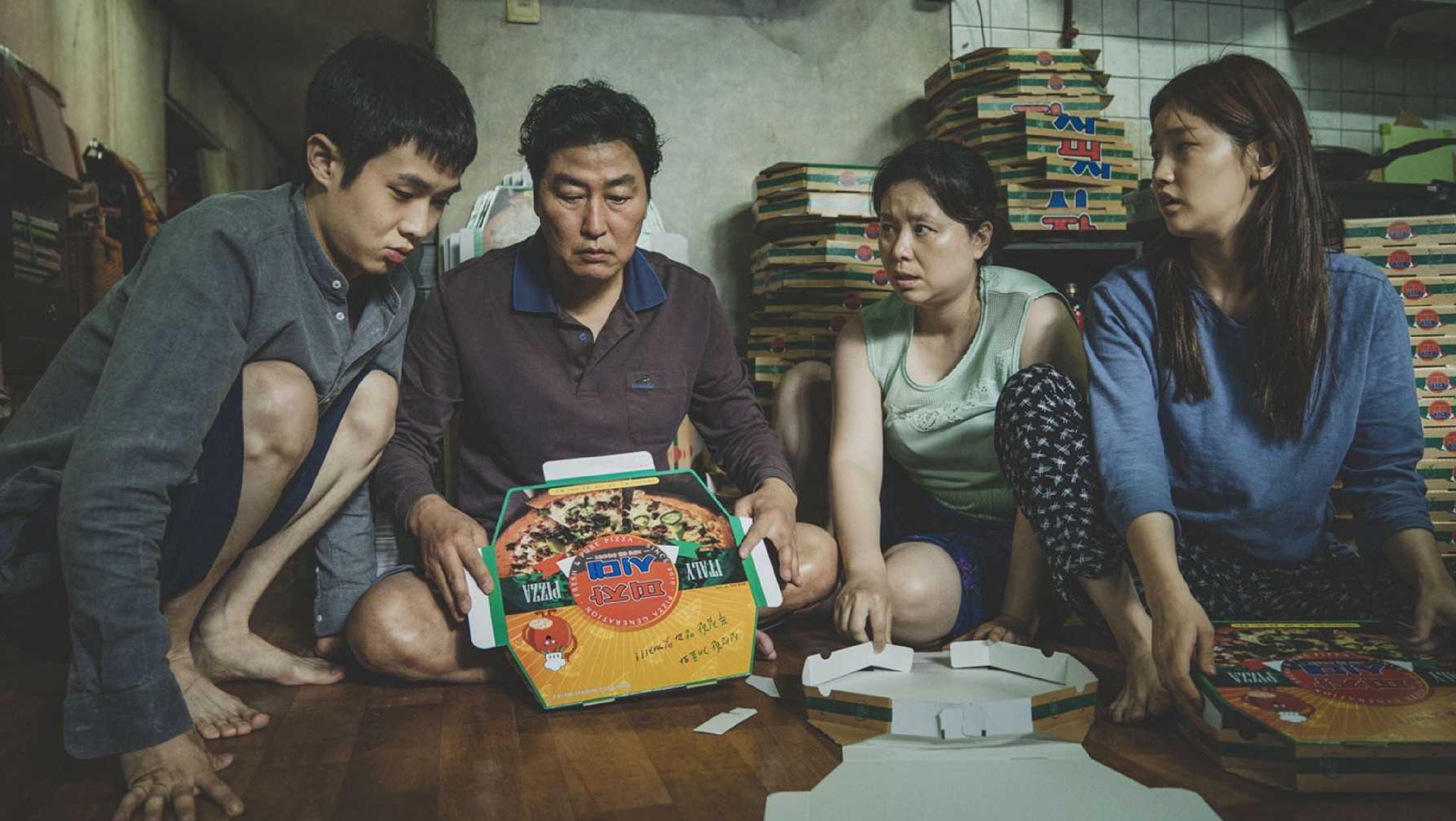- Home |
- Search Results |
- Footnote: ‘Kim Ji-young, Born 1982’ by Cho Nam-joo
Footnote: ‘Kim Ji-young, Born 1982’ by Cho Nam-joo
As Parasite director Bong Joon-ho recovers from the Oscars afterparty, read about the last major cultural phenomenon to come out of South Korea, a feminist novel that caused public protests, political interventions and the end of more than one marriage.

What's the book?
Kim Ji-young, Born 1982 was published in 2016 by then-little known South Korean author Cho Nam-joo, and became a literary sensation. And we don't just mean it dominated middle-class dinner party conversations for a few months, either. The then-President of South Korea was sent a copy and, once released as a film, Kim Ji-young, Born 1982 sparked national protest, marriage breakdowns and even plans for a mercifully never-made response from men's rights activists called Kim Ji-hoon Born 1990.
Why the fuss? Well, in the novel Cho tells the simple but deeply resonate story of a working woman who enters her thirties, gets married, gives up her job and has a baby – before having a nervous breakdown. A year after Kim Ji-young, Born 1982 was published, the #MeToo movement gripped the world and suddenly, the book's innate criticism of the stringently patriarchal culture of South Korea ignited.
As Cho summed up in an interview with the Financial Times in January, women have long had to suffer without complaint in the country: 'You are happy, as a mother, because you raise your pretty daughter who looks just like you. The outside world keeps telling you your life is good. It may not be a total misery, but it is not truly happy either. That is what I wanted to tell people.'
With its focus on South Korean traditions and cultural expectations – such as when Ji-young speaks out against the sacrosanct ritual of cooking for one’s in-laws on the country's equivalent of Thanksgiving – Cho’s portrait of an 'everywoman' struggling under the weight of domesticity is now finding audiences around the world.
Why talk about it now?
On Sunday, Parasite made Academy Award history when it became the first foreign language film to win Best Picture. In it, the film’s director and writer Bong Joon-Ho deals with similarly simmering socio political issues, in particular the class tension that permeates daily life in Seoul. It's success is sure to spark renewed interest around the globe in South Korean culture, and this book also offers a valuable insight into life for women in the country.
Footnote
If you’re looking for more to read in a similar vein, the recently published Untold Night and Day by Bae Suah is also a great shout: Bae’s dreamlike, dangerous novel blends the edges of reality and fantasy during one sweltering night in the South Korean capital.